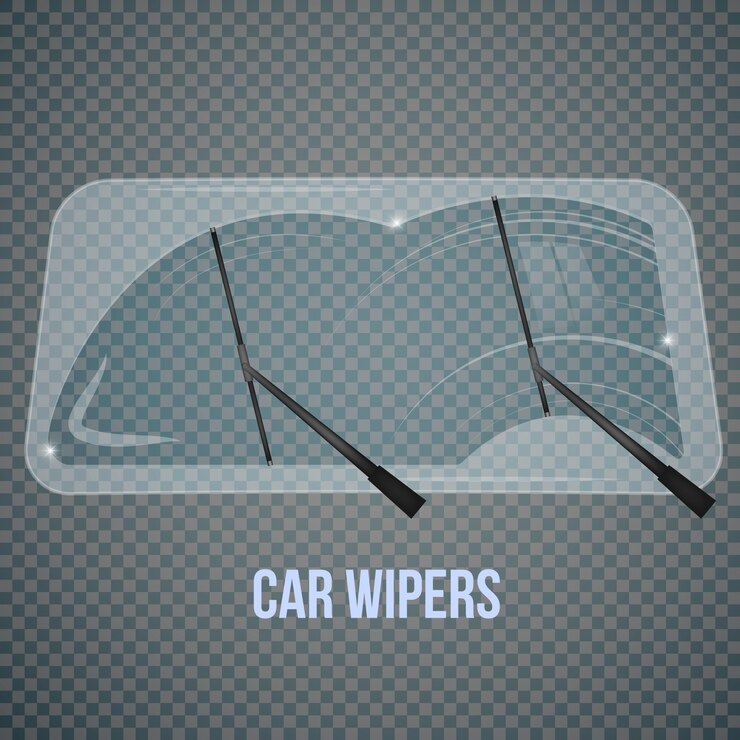You’re driving down the street, and everything is going smoothly until suddenly your car starts jerking. It feels like it’s hesitating, then lurching forward, completely catching you off guard. If you’ve experienced this, you’re not alone.
Many drivers report that their car jerks when accelerating at low speeds automatically—and it’s definitely not something you want to ignore.
So, what’s the deal? Why does your car hesitate and then jerk forward? It could be several things, from simple fixes like spark plugs to more complex transmission issues. But don’t worry, we’ll break it all down for you. By the end of this post, you’ll understand what’s going on and what you can do about it. Keep reading to learn more about common causes and practical solutions for car jerking issues.
What’s Causing Your Car to Jerk When Accelerating
There are a few common reasons why your car might jerk when you hit the gas. Let’s take a look at the most likely culprits.
- Worn-Out Spark Plugs
Spark plugs ignite the air-fuel mixture in your engine. If they’re worn out or dirty, they might not fire correctly, causing the engine to misfire. This misfire can lead to the car jerking during acceleration. Luckily, replacing spark plugs is a relatively easy and inexpensive fix. - Clogged Fuel Injectors
Fuel injectors are responsible for delivering the right amount of fuel to your engine. When they get clogged, the fuel flow is restricted, which can make your car jerking at a lower speed worse. Regular cleaning or replacing these injectors can resolve the problem. - Mass Airflow Sensor Issues
Your engine needs the right balance of air and fuel to run smoothly. The mass airflow sensor helps regulate this balance. When it’s faulty, your engine might not get enough air, causing hesitation and jerking. Cleaning or replacing the sensor is often the fix. - Transmission Problems
Transmission issues can be a major cause of jerking, especially if you’re driving an automatic. The problem might lie in the solenoid, which controls the flow of transmission fluid, or with the torque converter.
When these parts malfunction, your car might hesitate before jerking forward. Transmission problems can be expensive, but early detection can save you from bigger bills.
- Blocked Air Filter
Your car’s engine needs clean air to function properly. If your air filter is clogged, the engine struggles to “breathe,” causing jerking when you accelerate. Replacing the air filter is a simple and low-cost solution.
Did You Know?
- Spark plugs can wear out faster if your engine runs too hot or too cold, causing your car to jerk when accelerating.
- Clogged fuel injectors are one of the leading causes of car jerking during acceleration at both low and high speeds.
- Mass airflow sensors can fail without triggering a check engine light, making it harder to detect the problem.
How Does It Feel When Your Car Jerks During Acceleration
If you’ve experienced car jerking at low speed, you’ll recognize the feeling. You press the gas, expecting smooth acceleration, but instead, the car hesitates. It feels like your car is struggling to move forward, often accompanied by a brief loss of power before it lurches ahead.
This can happen when you’re starting from a stop or while driving at slower speeds. Not only is this frustrating, but it can also be dangerous.
When you feel these symptoms, it’s time to investigate. Your car is trying to tell you something is wrong.
How to Fix Car Jerking at Low Speeds
The good news is, that many of the issues causing your car to jerk have relatively simple fixes. Here’s a quick overview of common problems and their solutions:
| Problem | Fix | Estimated Cost |
| Worn Spark Plugs | Replace spark plugs | $75 – $300 |
| Clogged Fuel Injectors | Clean or replace fuel injectors | $75 – $300 |
| Dirty Mass Airflow Sensor | Clean or replace sensor | $350 – $600 |
| Transmission Solenoid Issue | Repair or replace solenoid | $300 – $1,000 |
| Blocked Air Filter | Replace air filter | $20 – $50 |
These fixes can get your car running smoothly again. If your car hesitates and jerks when accelerating, taking care of the problem early can prevent more expensive repairs down the road.
Car Jerking at Low Speed vs. High Speed
Your car jerking at low speed and at high speeds can feel different and be caused by different issues. Here’s how they compare:
- At Low Speed: If your car jerks when accelerating from a stop or while driving at low speeds, it could be due to faulty spark plugs, clogged fuel injectors, or airflow problems.
- At High Speed: Jerking at higher speeds is often more serious. It could point to bigger problems with your transmission or mass airflow sensor. If your car jerks at high speeds, get it checked immediately.
Both low-speed and high-speed jerking can indicate underlying mechanical issues, and it’s best not to ignore either.
Quick Fixes for Car Jerking
If your car hesitates and jerks when accelerating, there are a few quick fixes you can try before heading to the mechanic:
- Replace the Spark Plugs: If your spark plugs are worn out, new ones can help stop the jerking.
- Clean the Fuel Injectors: Dirty injectors restrict fuel flow, so cleaning them might improve acceleration.
- Check the Mass Airflow Sensor: If it’s dirty, cleaning it might fix the issue.
- Change the Air Filter: A clogged air filter can choke your engine, so replacing it can help.
- Inspect Transmission Fluid: If it’s low or dirty, adding or replacing the fluid might be the answer.
- Check the Accelerator Cable: If your cable is worn or loose, tightening or replacing it could solve the problem.
These are simple, inexpensive fixes that might get your car running smoothly again.
Final Thoughts
When your car jerks when accelerating at low speeds automatically, it’s more than just an annoyance. It could be a sign of a more serious problem. Whether it’s a simple fix like replacing spark plugs or a more complex transmission issue, it’s important to address the jerking early to avoid bigger problems down the line.
If your car hesitates and jerks when accelerating, don’t wait to get it checked. Small issues can quickly turn into expensive repairs. Keeping your car in good shape not only saves you money but also keeps you safe on the road.
FAQs
Your car might hesitate and jerk due to problems with spark plugs, fuel injectors, or the transmission. These parts are critical for smooth acceleration.
It’s not recommended. Jerking could mean something serious is wrong, and driving in this condition could lead to more damage or even an accident.
Yes, some issues like replacing spark plugs or cleaning the fuel injectors can be handled on your own. However, more complex problems like transmission issues will need professional help.
Not all problems trigger the check engine light. For example, dirty fuel injectors or worn spark plugs might cause jerking but won’t necessarily activate the light.
Costs vary depending on the issue. Replacing spark plugs can range from $75 to $300, while transmission repairs can cost anywhere from $300 to $3,000.








